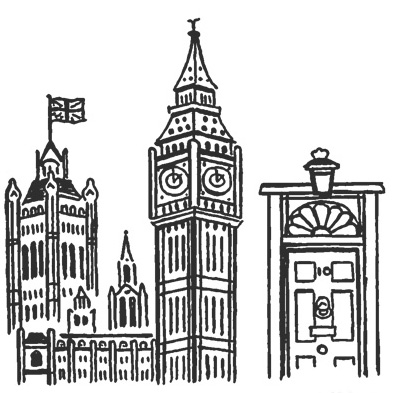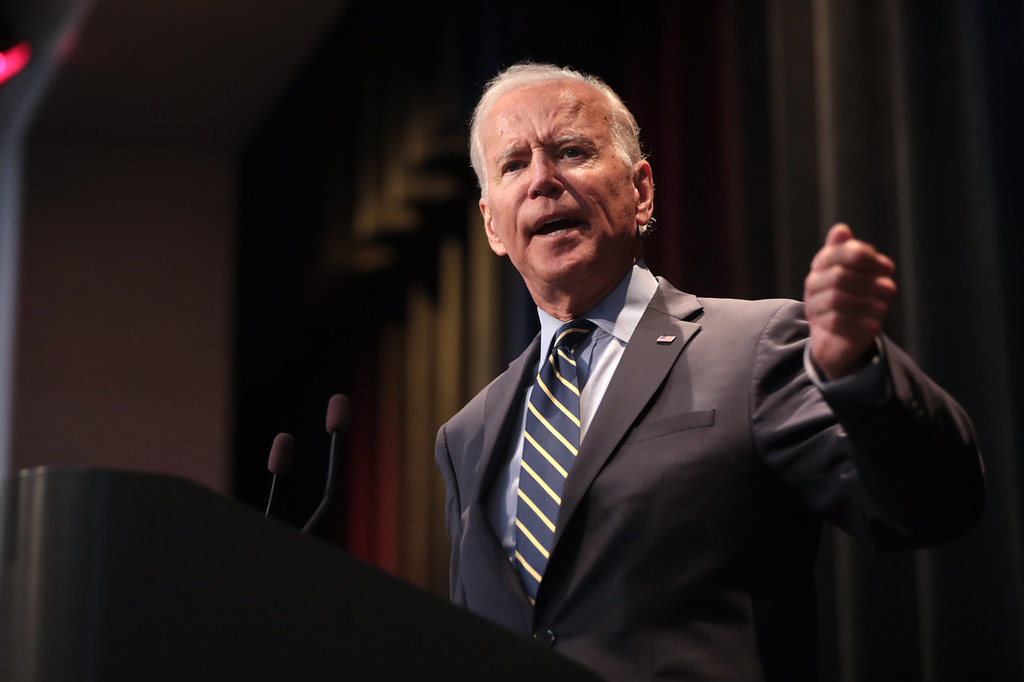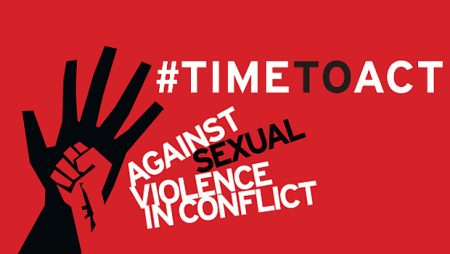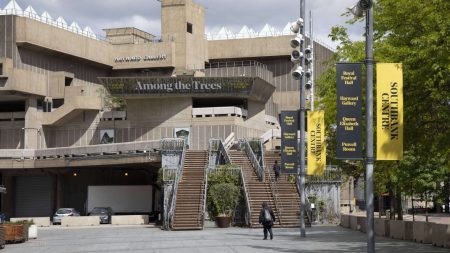In his first five days as President, Biden has signed 19 executive orders, nearly four times more than Trump did in his first week. And we all remember how uncontroversial that was. Clearly, he’s rather enjoying being back in the executive. Biden the consensus-builder no longer.
In his inauguration speech, beyond the usual platitudes about unity, he set the tone for his new stance.
“To all those who did not support us,” he said, “let me say this: hear me out as we move forward. Take a measure of me and my heart.”
“And if you still disagree, so be it. That’s democracy.”
“Yet hear me clearly,” he continues, “disagreement must not lead to disunion.”
In short, there’s a new sheriff in town, and if you don’t like it, lump it. And no funny business.
His cultivated Catholic image, his humble(ish) means, hardworking ethic, years of service and man-of-the-people background give him the impression of a decent, relatable, moderate fellow.
And his image has often played in his favour. The New York Times reported that his selection as Obama’s running-mate in 2008 was because of his appeal to middle class and blue-collar workers and his experience of government. The latter of which soothed anxieties that voters may have had about Obama’s inexperience, which Biden himself had voiced only months before he got the call to be Barack’s no 2. A familiar face to front an unfamiliar operation.
On the subject of his faith, Massimo Faggioli, author of Joe Biden and Catholicism in the United States, describes Biden’s as “non-intellectual: but not an anti-intellectual Catholicism”. It comes from the heart is the message blaring from Biden’s backers.
From the other side of the pond, on this most secular isle of Britain, Biden’s proclamation of faith and its apparent absence from his politics has always seemed a charade. How to look harmless and get votes 101. Call yourself a thing, remind people of it enough, soothe their fears about your politics and pocket their votes.
While he might have been so in the golden days before the 2010s tore politics in two, he is no longer. He is done with consensus, with dialogue, as his speech shows.
It makes President of the United States Conference of Catholic Bishops Archbishop José Gomez’s plea for “dialogue” in his statement on Biden’s inauguration all the more tragic. To engage the Biden Administration in a dialogue addressing “the complicated cultural and economic factors that are driving abortion and discouraging families” as he does is at best optimistic.
The agenda is decided and Biden can’t risk alienating the increasingly vocal progressive element in his party. And the now-President isn’t likely to chip away at his own power. Calling for fair play isn’t half so tempting when you hold all the cards.
And he does hold all the cards. The Republicans are split between the diehard Trumpists and the traditionalists. With Trump threatening to setup a “MAGA party” to punish the Republicans, who voted to impeach and might vote to convict him, they are fragile.
As the GOP squabbles, Biden has a free hand. And the febrile drama of the last four weeks, let alone the last four years, gives his simple, suited decency an extra glowing appeal of normality.
The problem with following Trump, whose presidency was abnormal in so many ways and who refined the polarisation of debates in a manner hitherto unknown to man, is that anything looks normal by comparison.
Trump’s divisive political, if not personal, social conservatism was the major target of Biden’s opening salvo of executive orders. The orders pertaining to sex and race speak to a focus on equity and intersectionality – the former citing “overlapping forms of discrimination”. Along with Biden’s pronouncement on abortion on the 48th anniversary of the Roe v. Wade ruling, in which he promised to extend his commitment “on health outcomes around the world”, they are a codification of intersectionality, written in the language of rights – the language of the culture wars.
No matter the good contained in these rules, that is how it will be perceived.
Go back six weeks, and Biden laid it out clearly in an interview with CNN’s Jake Tapper. He encouraged advocacy groups and stressed the diversity of his cabinet. In the interview in early December, the then-President-elect said of special interest groups that “their job is to push me.”
“Pushing for more and more and more of what they want. That’s their job. My job is to keep my commitment to make the decisions,” he said.
He went on to say:
“When it’s all over people will take a look and say, I promise you, you’ll see the most diverse Cabinet representative of all folks, Asian Americans, African Americans, Latinos, LGBTQ, across the board.”
And Americans won’t take it lightly – Trump-supporters and moderate alike, true moderates that is. Not only do the first days of Biden’s Presidency undo Trump’s legacy, they diametrically oppose it.
As politics in the US continues to polarise, Biden, good old moderate Joe, will proceed with his agenda – the agenda that offers no compromise with his opponents, that will push the country closer to the precipice than Trump.
Biden is an iron fist in a velvet glove and he’s leaning back for a haymaker, whether he knows it or not.







